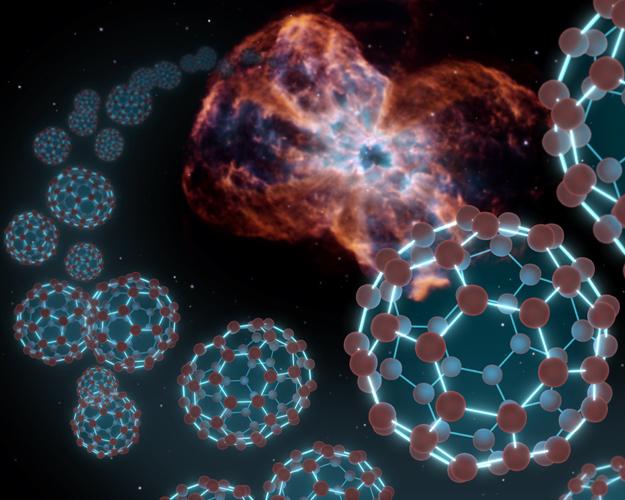A New View on Fine-Tuning of the Universe (With Some Practical Implications for Our Lives)30/8/2017
There’s no law of physics that hasn’t been transcended. In the end, the only law is that there is no law. - John Wheeler, theoretical physicist
Modern science has reached the point where it is inquiring the very foundations of the universe. Was it created by a conscious creator? Or did it simply pop out from nothingness, by a mere chance?
There are countless debates now whether the physical laws of the universe are finely tuned to support biological life or not. There is a good reason for that: they indeed seem to be tweaked for life. Universal Constants As you probably know, many laws of physics are deeply dependent on various constant numbers that are parts of equations describing these laws. Those numbers are called the universal constants – the speed of light (c), gravitational constant (G), electric constant (ε0), Planck's constant (ħ), the mass of an electron (me), two parameters of the Higgs field potential, etc. Moreover, there are also even more fundamental constants that are dimensionless (i.e. not dependent on the unit system used to express the quantity). Those are, for example, the fine-structure constant (α), which defines the strength of the electromagnetic interaction between elementary charged particles, or proton-to-electron mass ratio, or the cosmological constant, which is the density of dark energy in the universe, and so on. There is a strong notion among scientists, backed by many extrapolations, that if any of these universal constants were only slightly different, the Universe wouldn’t be supportive of any kind of biological life. For example, if the gravitational constant were smaller, the stars couldn’t be formed. If it were too large, the stars couldn’t survive or their life span would be much shorter, so in either case, life wouldn’t be possible. Similar conclusions can be deduced for all other universal constants. If any of these universal constants were only slightly different, the Universe wouldn’t be supportive of any kind of biological life.
One of the solutions could be that we live in a multiverse, consisting of a huge or even infinite number of universes, each having different internal laws of physics.
Hence, the possibility of the emergence of a universe out of nothing, which is suitable for biological life and/or development of conscious beings, is practically equal to zero. There must be a conscious creator of this world.
Or is it so? One of the solutions could be that we live in a multiverse, consisting of a huge or even infinite number of universes, each having different internal laws of physics.
5 Comments
|
Please note that most of the articles have a "Read More" break, which is sometimes hardly visible.
It is located at the bottom of visible part of the article, on the right side. To continue reading the article, click on that link. This page may contain affiliate links meaning we earn a commission if you use those links.
We only recommend pages we appreciate and trust. Archives
March 2023
Categories
All

|
For guest posts or placing ads on our website, please use the contact form on the 'About/Contact Us' page.


 RSS Feed
RSS Feed

